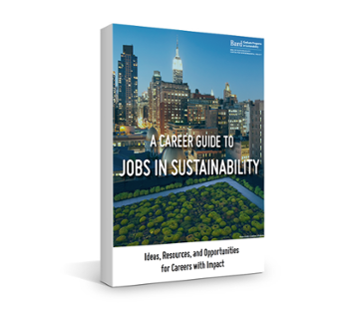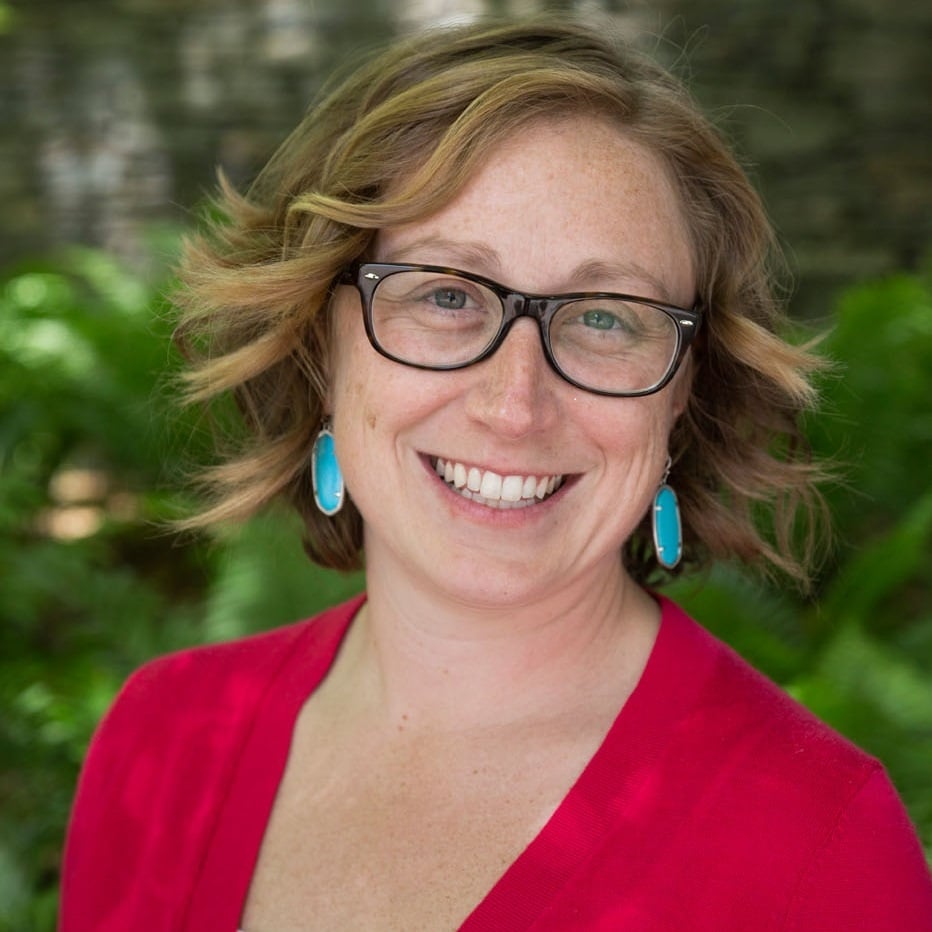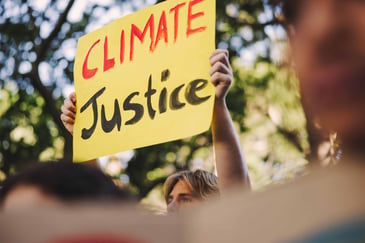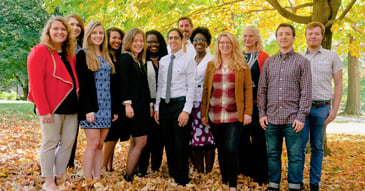3 Reasons Environmental Activists Should Get an Environmental MBA
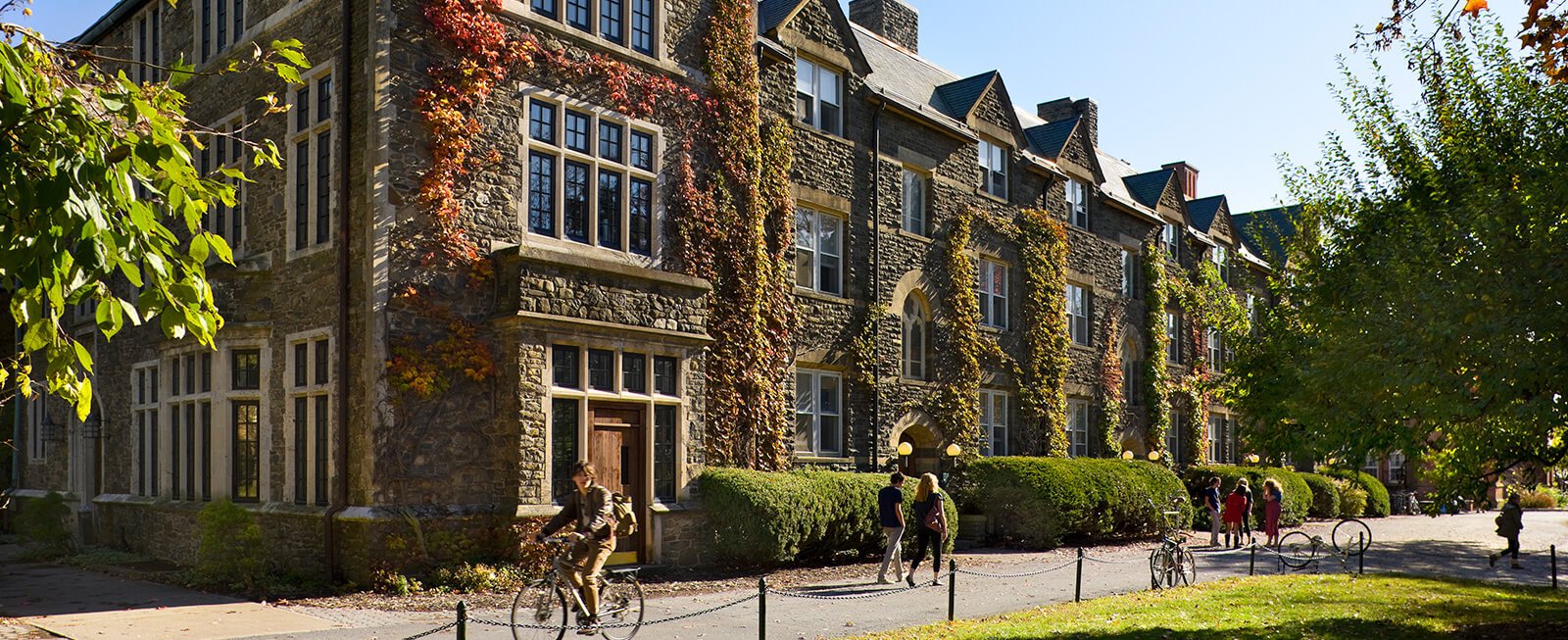
Picture the young environmentalist. Sitting in her treehouse as a child, she dreams of being a veterinarian, a park ranger, a marine biologist, a UN worker, spending her life serving the planet and people.
She’s probably not dreaming of business school and life as a CEO.
Why? Because environmental activism and traditional business practices are often understood to exist on opposites ends of a spectrum. The narrative goes something like this: environmental activists care about environmental health, social equity, and community development while business professionals care about profit—end of story.
She also may not be thinking about life as a CEO because there is such a small percentage of female role models for her in the world of business.
Either way, it’s time to share some powerful reasons why all aspiring environmental activists, especially women in sustainability (or those who hope to be one day), need to make business school a top priority.
3 reasons to consider an environmental MBA
Reason #1: Business leaders have the power to make environmentally-conscious decisions
In order to achieve sustainable development, we need healthy businesses. If you’re an environmental activist with a desire to change the world for the better, it’s time to engage with the power of business and use the world of sustainable business to create regenerative ripples of growth and health across all sectors and communities.
In a piece written for Sustainability: The Journal of Record, Dr. Eban Goodstein, founder of the MBA in Sustainability at Bard College, talks about power networks and how they relate to sustainability efforts:
“Alan Atkission says sustainability professionals need to “play with power.” Note his triple meaning: play with power (be creative and have fun in the work you do); play with power (don’t waste your career time or your network building with people who don’t have power); and play with power (bring your own power to the game).”
Chelsea Mozen '15 knew that she had to play with power. While enrolled in the MBA in Sustainability, she used her capstone project to work with Etsy in the development of a new program, Etsy Solar, that uses carbon finance to help their network of 1.6 million sellers, employees, and other stakeholders install solar. Under the new program, Etsy will utilize verified emissions reductions from the solar installations to work toward the goal of net zero emissions.
In order to do this type of work, aspiring environmentalists, like Chelsea, need to understand business fundamentals, like accounting, marketing, finance, operations, and supply chain management, plus niche environmental subjects like impact finance, sustainability consulting, and measuring corporate sustainability metrics, to name a few. They must be prepared to beat business professionals at the existing game, running or working for businesses that are able to make a profit while directly helping address a social or environmental challenge. It's the kind of education you can only get at one of the top sustainability MBA programs in the world: Bard Graduate Programs in Sustainability.
Reason #2: Green economy is the future
In an interview with the Harvard Business Review, Doug McMillon, CEO of Walmart, clearly outlined the business case for companies ramping up their sustainability effort: “increasing competitive advantage, spurring technological innovation, inspiring brand loyalty, and increasing employee engagement.”
There are clear movements at work in today’s culture that show an increased interest in and awareness of the need for sustainability. Survey research from NielsonIQ indicates that 78% of consumers say sustainability is important to them.
Aspiring environmentalists are perfectly poised to engage this new, greener economy. The most successful people in the new economy will be those who are able to see business opportunities where the world now sees sustainability challenges. According to Sue Whelan, Leicester City CEO and participant in the Future Economy Project at HBR, “There’s $12 trillion in business opportunities for solving sustainability challenges.” This is exactly the kind of forward-thinking vision and insights you'll gain from earning an environmental MBA.
Reason #3: There's a seat at the table for passionate environmental leaders
As the business community continues to figure out how to be more sustainable and moves toward a more sustainable way of thinking, passionate and compassionate sustainability leaders are needed to help inspire the reluctant or unimaginative.
The march toward the green economy of the future is not inevitable. It needs to be led by smart, driven people who understand how to look at a sustainability challenge and see a business opportunity, who want to create positive value through business not simply minimize negative impact, who can out-market and out-strategize the traditional business professional but who do it all for the sake of the common good.
Environmental activists must change the game
Our goal for the future? We want that young girl in her treehouse to dream of being a sustainable CEO, taking organizations by storm, championing workplace sustainability, teaching others how to be sustainable, and using her vision and leadership to change the world.
If you were once that young girl, and you’ve thought that your passion for the environment destined you for a life working for a wildlife sanctuary or in community development, don’t rule out the idea of business school because it may sound boring, male-dominated, or old-fashioned. An environmental MBA might be just the thing you need to maximize your impact for the better.
And if you're wondering how to choose an MBA program or even a concentration within it, Bard Graduate Programs in Sustainability is happy to help.
At Bard, our sustainability programs were created to help train the next generation of sustainable leaders. To learn more about Bard's MBA in Sustainability, any of our other programs, or the career options available for aspiring environmental activists, check out our career guide.

